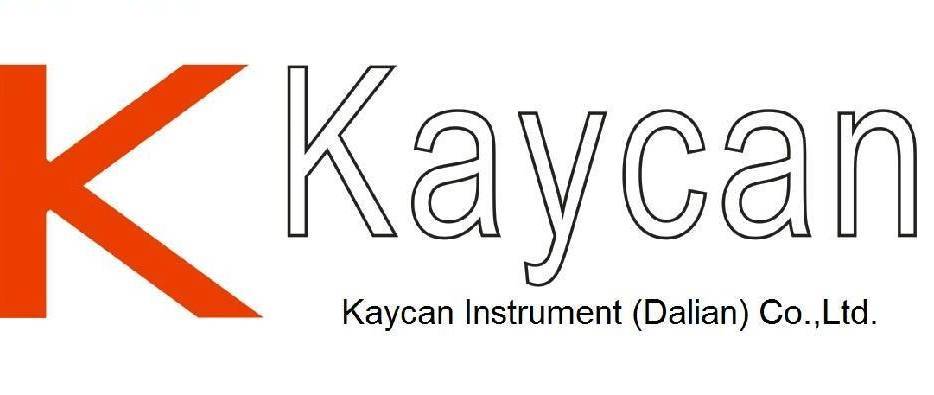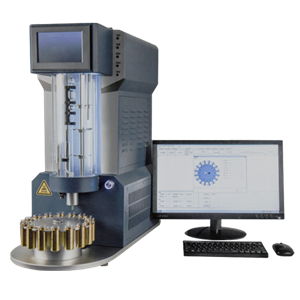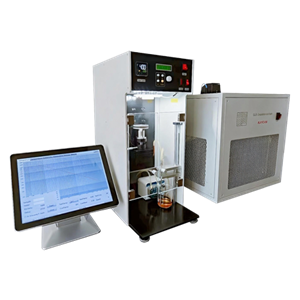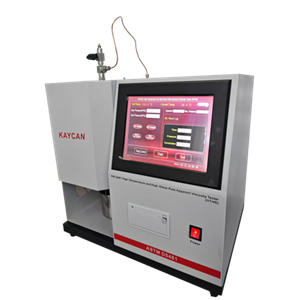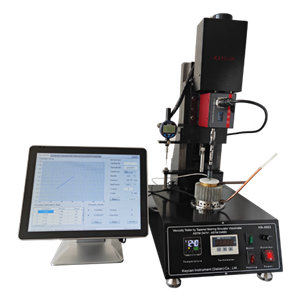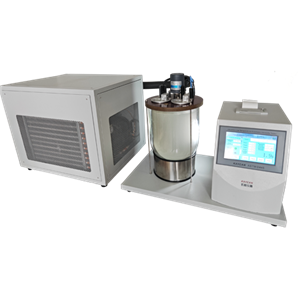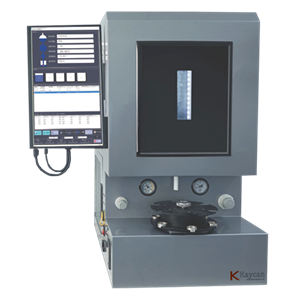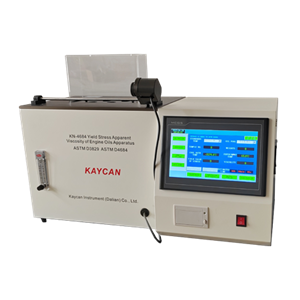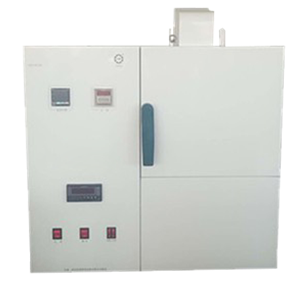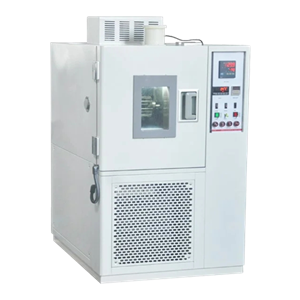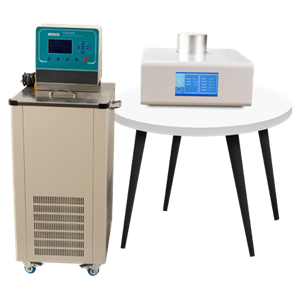-
ASTM D445 Low Temperature Kinematic Viscosity Tester
Many petroleum products, and some non-petroleum materials, are used as lubricants, and the correct operation of the equipment depends upon the appropriate viscosity of the liquid being used. In addition, the viscosity of many petroleum fuels is important for the estimation of optimum storage, handling, and operational conditions. Thus, the accurate determination of viscosity is essential to many product specifications.
Send Email Details -
ASTM D1655 Fully Automatic Low-Temperature Kinematic Viscometer
KN-1655 Fully Automatic Low-Temperature Kinematic Viscometer conforms the ASTM D445 Standard Test Method for Kinematic Viscosity of Transparent and Opaque Liquids (and Calculation of Dynamic Viscosity). It is used to test the of liquid petroleum products, both transparent and opaque, by measuring the time for a volume of liquid to flow under gravity through a calibrated glass capillary viscometer. The dynamic viscosity, η, can be obtained by multiplying the kinematic viscosity, ν, by the density, ρ, of the liquid. Under certain constant temperature. The range of kinematic viscosities covered by this apparatus method is from 0.2 to 300 000 mm2/s at all temperatures
Send Email Details -
ASTM D4684 Yield Stress And Apparent Viscosity Of Engine Oils
An engine oil sample is held at 80°C and then cooled at a programmed cooling rate to a final test temperature and held for a specified time period. At the end of this period, a series of increasing low torques are applied to the rotor shaft until rotation occurs to determine the yield stress, if any is exhibited. A higher torque is then applied to determine the apparent viscosity of the sample.
Send Email Details -
ASTM D4693 Low-Temperature Torque Tester
KN-4693 Low-Temperature Torque Tester conforms to ASTM D4693 Standard Test Method for Low-Temperature Torque of Grease-Lubricated Wheel Bearings. This test method covers the determination of the extent to which a test grease retards the rotation of a specially-manufactured, spring-loaded, automotive-type wheel bearing assembly when subjected to low temperatures. Torque values, calculated from restraining-force determinations, are a measure of the viscos resistance of the grease. This test method was developed with greases giving torques of less than 35N·m at 40℃
Send Email Details -
ASTM D1478 Low-Temperature Torque Tester
KN-1478 Low-Temperature Torque Tester conforms to ASTM D1478 Standard Test Method for Low-Temperature Torque of Ball Bearing Grease. This test method was developed using greases having very low torque characteristics at -54℃. Specifications for greases of this type commonly require testing at this temperature. Specifications for greases of other types can require testing at temperatures from -73℃ to -18℃. This test method has proved helpful in the selection of greases for low-powered mechanisms, such as instrument bearings used in aerospace applications. The suitability of this test method for other applications requiring different greases, speeds, and temperatures should be determined on an individual basis.
Send Email Details -
ASTM D4419 Low Temperature Differential Scanning Calorimeter
KN-4419 Low Temperature Differential Scanning Calorimeter conforms to ASTM D4419 Standard Test Method for Measurement of Transition Temperatures of Petroleum Waxes by Differential Scanning Calorimetry (DSC). DSC in a convenient and rapid method for determining the temperature limits within which a wax undergoes during transitions. The highest temperature transition is a solid-liquid transition associated with complete melting; it can guide the choice of wax storage and application temperatures. The solid-solid temperature transition is related to the properties of the solid, that is, hardness and blocking temperature.
Send Email Details
